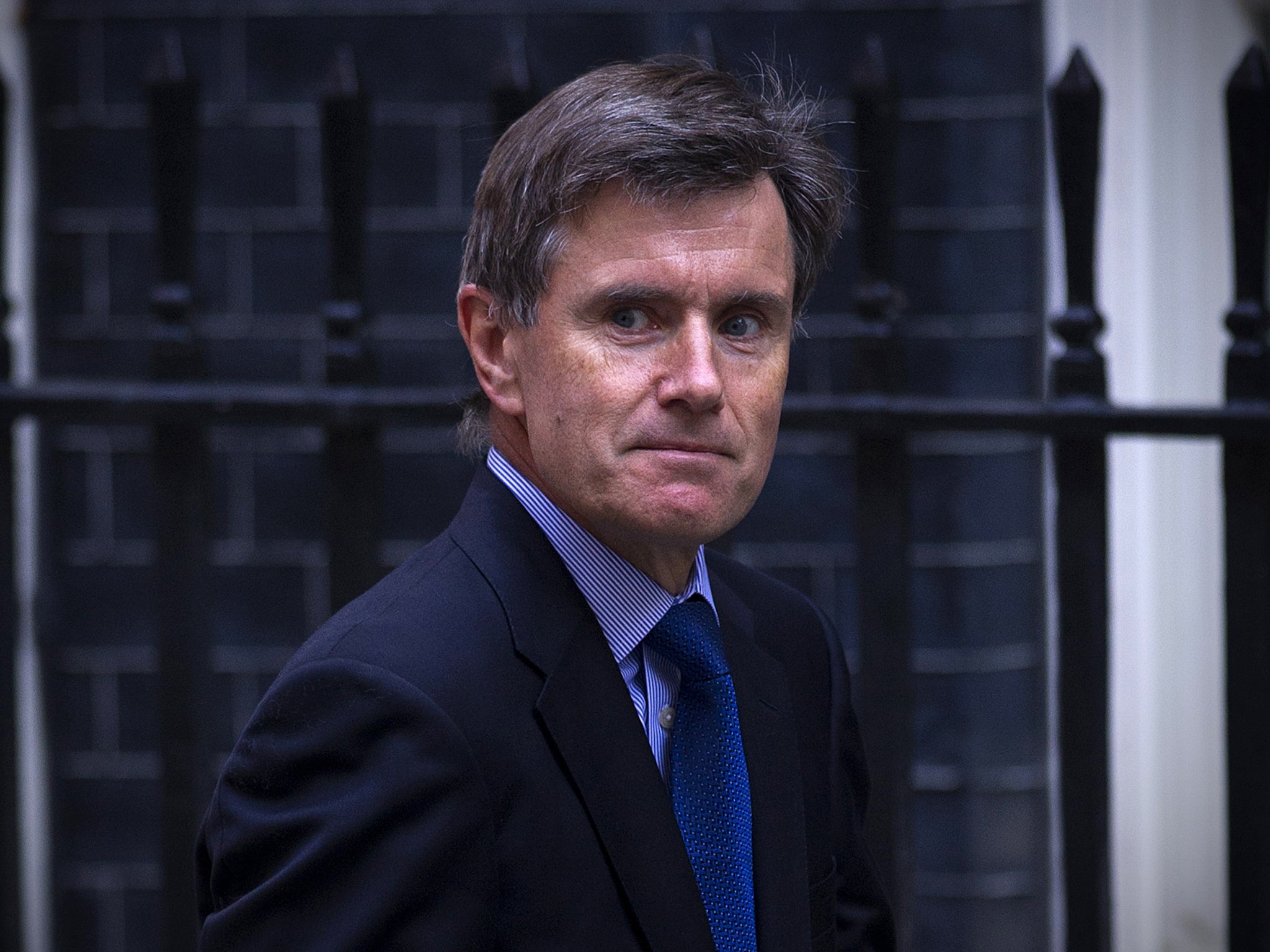Technology firms like WhatsApp and Apple need to agree how to share data with British spies, says former head of MI6
Seeming to back David Cameron’s possible ban on WhatsApp and FaceTime encryption, Sawers said that ‘impenetrable’ communications were ‘inviting problems’

Your support helps us to tell the story
From reproductive rights to climate change to Big Tech, The Independent is on the ground when the story is developing. Whether it's investigating the financials of Elon Musk's pro-Trump PAC or producing our latest documentary, 'The A Word', which shines a light on the American women fighting for reproductive rights, we know how important it is to parse out the facts from the messaging.
At such a critical moment in US history, we need reporters on the ground. Your donation allows us to keep sending journalists to speak to both sides of the story.
The Independent is trusted by Americans across the entire political spectrum. And unlike many other quality news outlets, we choose not to lock Americans out of our reporting and analysis with paywalls. We believe quality journalism should be available to everyone, paid for by those who can afford it.
Your support makes all the difference.Tech firms need to make data sharing agreements with Britain’s intelligence agencies to stop future terrorist attacks like those in Paris, according to the former head of MI6.
John Sawers, speaking in public for the first time since leaving the Secret Intelligence Service in November, said trust between governments and technology companies had been shattered and needed to be rebuilt.
"There needs to be some new compact between the technology companies and those who are responsible for security if we're not to see events like we saw in Paris last week ... becoming more and more features of our lives," Sawers said, also citing recent security incidents in Yemen and Nigeria.
The Snowden leaks broke down trust between the public and intelligence agencies, Sawers said. The debate Snowden had provoked over civil liberties was difficult, but not impossible, to resolve, Sawers said.
"I don't believe there is a trade-off between privacy and security; I think they go together," he said. "If you have a society which evades and abuses privacy, then ultimately there will be a reaction against the damage to your security."
Prime Minister David Cameron has promised laws giving greater access to online communication if he wins the May general election, but some of his rivals oppose the scale of his proposals.
Sawers backed Cameron's stance, saying that while he understood the value of online communication services like Facebook's WhatsApp and Apple's FaceTime, and used them himself, they could not be beyond the reach of monitoring agencies.
"If the technology companies allow to be developed areas which are simply impenetrable, you are inviting problems," he said at the release of a study by public affairs firm Edelman on attitudes towards bodies like the security services.
The call for greater monitoring of online communications is a familiar one from intelligence officials. On Sunday, a former head of the domestic intelligence service said Britain's anti-terror laws were "not designed for the current digital world" and no longer fit for purpose.
Additional reporting by Reuters
Join our commenting forum
Join thought-provoking conversations, follow other Independent readers and see their replies
Comments